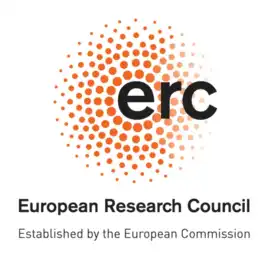
Home>Research>Project>ReligSpace : The Effect of Manifestations of Religion in the Public Space on Sociopolitical Integration of Minority-Religion Immigrants
ReligSpace : The Effect of Manifestations of Religion in the Public Space on Sociopolitical Integration of Minority-Religion Immigrants

Recent globalization and immigration trends are motivating tremendous efforts to regulate manifestations of minority religions in the public space, such as religious structures, stores, attire, and rituals (hereafter, spatial religious manifestations). Yet the empirical literature has, to date, not taken on the methodologically and conceptually challenging undertaking of theorizing, operationalizing, and assessing this dimension of religion. In particular, it remains unclear what causal effect manifestations of religion in the public space have on minority-religion immigrants’ sociopolitical integration: do they, by validating immigrants’ identity, facilitate a sense of belonging and the endorsement of local practices, or not.
Integrating up-to-date theories and methods from political science, psychology, sociology, and geography, and optimizing external and internal validity, this project is the first large-scale research to examine the causal effect of exposure to spatial religious cues on sociopolitical integration, studying minority-religion immigrants of the three monotheistic religions in four urban settings.
The research will be divided into three work packages: (1) conceptualization and operationalization of spatial religious manifestations; (2) comparative naturalistic and survey-embedded experiments examining the effect of real-world spatial religious cues on minority-religion immigrants’ sociopolitical integration; and (3) a panel survey with longitudinal geocoded data analyzing the conditions in which spatial religious cues are particularly instrumental in local-level integration.
Besides developing a novel approach to the study of religion in politics, this project will open new horizons in the understanding of aggregated religious priming effects in real-world settings, with insights into the dynamics that would advance a more inclusive society via nuanced policies and informed urban planning. To know more
To know more
The team
Sciences Po, CEE:
Partner:
- The Hebrew University of Jerusalem(“HUJI”),
- Pazit Ben-Nun Bloom, (Principal Investigator), Professor, Department of Political Science, ERC holder
Contact us
Address: 1 place Saint-Thomas d'Aquin, 75007 Paris
Ph.: +33 (0)1 45 49 83 52
Email: contact.cee@sciencespo.fr
